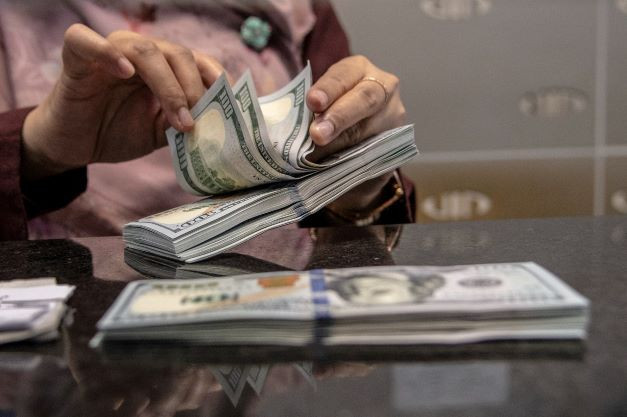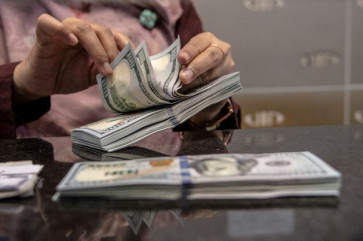Popular Reads
Top Results
Can't find what you're looking for?
View all search resultsPopular Reads
Top Results
Can't find what you're looking for?
View all search resultsIndonesia’s goldilocks moment in the changing global economy
The eventual reopening of the Chinese economy would increase demand and prices for its staple exports e.g. crude palm oil, iron ores and some grades of coal, driving export growth.
Change text size
Gift Premium Articles
to Anyone
G
ood news is scarce these days. However recently three “specks of light” have seemed to break into the dark outlook of the global economy.
First, the United States Federal Reserve is likely to moderate its battle with inflation. Its unprecedentedly aggressive rate hikes have destroyed some demand, and most importantly have caused declines in wage growth and a slump in the property sector that should trickle down to the rest of the economy. However, it has not done much to tame inflation as most of it is due to the fundamental scarcity of goods and strained global value chains due to the ongoing divergence of the global economy.
Second is the planned reopening of the Chinese economy. The partial reopening plans will reduce the currently lengthy quarantine and mobility restrictions throughout the world’s second biggest economy. Political consolidation after the Communist Party of China’s national congress is also expected to increase government effectiveness and launch a fiscal and monetary boost for the economy. However, it is still early days, and the ongoing property market crisis also still looms large over business and consumer sentiment.
Third and probably the most unpredictable speck is the return of (minimal) global cooperation. The successful Group of 20 and Asia-Pacific Economic Cooperation (APEC) summits in the past few weeks show that global cooperation is returning to the stage amid the specter of a looming multidimensional global crisis.
Most importantly, the US and China agreed to establish “guard rails” and to healthily compete in the geopolitical sphere. This was made possible due to the stronger political position of both China’s President Xi Jinping and US President Joe Biden.
Overall, the three specks of light are likely to improve the global outlook for 2023. At the very least, the increased global cooperation and moderated phase of the Fed’s monetary tightening will reduce the risk of global liquidity and debt crises and assist in forming a coordinated response in handling the upcoming recession.
From Indonesia’s point of view, the current developments could amplify its goldilocks position as a commodity exporter, a major trade partner with China and with its modest domestic inflation in 2023. The eventual reopening of the Chinese economy would increase demand and prices for its staple exports e.g. crude palm oil, iron ores and some grades of coal, driving export growth.



















